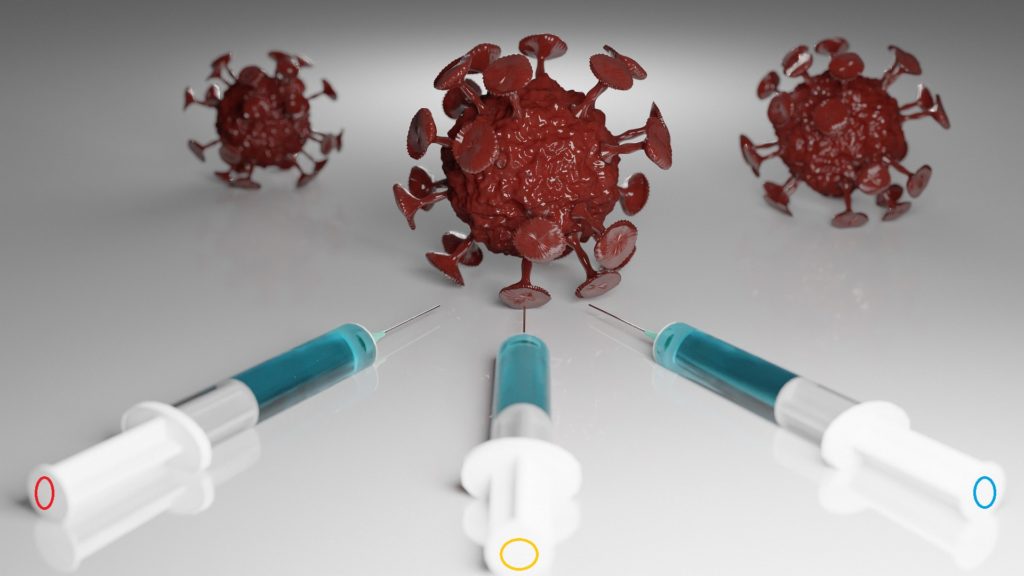
Soon after the outbreak of COVID-19, many clinical trials about COVID-19 were registered and conducted. In 2020, our team analyzed research methodology and characteristics of journal articles with original data, preprint articles and registered clinical trial protocols about COVID-19. During the conduct of the study, which was published in BMC Medical Research Methodology, we noticed that many registered clinical trials for COVID-19 mentioned standard of care (SoC) as a comparator for an intervention tested for COVID-19 but without an explanation/description of what will be the SoC.
SoC (also called standard care, standard treatment, usual care, basic care, conventional treatment) normally means the best currently available, proven treatment, established effective treatment. So, we were very confused by the fact that trials designed in the first few months of the COVID-19 pandemic would use the term “standard of care”. If the disease is new, we cannot have an SoC for it yet.
Thus, we decided to conduct a new study in which we ought to examine what the trial authors decided to proclaim SoC for an emergent disease. In our analysis, published recently in BMC Medical Research Methodology, we screened 6022 records from the WHO ICTRP clinical trial registry, 9358 preprint records and 356 records from Cochrane COVID–19 Study Register related to COVID-19. We found 737 trials that reported they used standard, usual, conventional, or routine treatment for COVID-19.
Among 737 unique trials included in the analysis, only 129 (18%) trials reported component(s) of SoC; the remaining trials simply reported that they used SoC, with no further detail. Among those 129 trials, the number of components of SoC ranged from 1 to 10. The most commonly used groups of interventions in the SoC were antiparasitics (62% of the trials), antivirals (57%), antibiotics (31%), oxygen (17%), antithrombotics/anticoagulants (14%), vitamins (13%), immunomodulatory agents (13%), corticosteroids (12%), analgesics/antipyretics (12%). Various combinations of those interventions were used in the SoC, with up to 7 different types of interventions combined. Dosing, timing, and method of administration were frequently not reported for SoC components.
This study has highlighted multiple problems. Firstly, our study indicates that many experimental, i.e. investigational interventions, were described as SoC in early COVID-19 trials, even though their risk/benefit profile in targeted patients was unknown. Secondly, many of those interventions were later proven ineffective or even detrimental to patients suffering from COVID-19.

Thirdly, the majority of trials poorly reported therapy given to participants. Research that is poorly reported is considered research waste. Clinical trials need to be transparently reported to be replicable, and providing details about interventions is essential. This is also important for many other reasons, such as more accurate risk-benefit assessment, adherence to reporting guidelines, ethics and future research. Authors of future trials need to transparently report their interventions in all reports about the trial, including the study registrations, study protocols and full research reports. It is particularly disheartening to see so many poorly reported clinical trials related to the topic of a public health emergency.
It is important to emphasize that this was not a study that aimed to determine the efficacy and safety of any type of intervention for COVID-19. We know that many interventions used early in the COVID-19 pandemic to treat patients can be considered experimental (i.e. investigational) as the disease was previously unknown. Instead, we intended to analyze which interventions the trialists labelled as SoC.
The trialists did not have to use the term SoC when describing the therapies they decided to give to their patients in the trial as comparators. The term SoC implies that something is the standard, i.e. usual therapy, in a certain setting. We consider that in the early stage of the pandemic, there could be no SoC in the real sense since the disease was new. Thus, it was curious that so many trialists opted to use the term SoC.
An additional aspect of our study is that we have shown the wide diversity of the SoC, showcasing all kinds of experimental/investigational approaches that were tested initially when treating COVID-19 patients.
A takeaway message is that the term “standard of care” should not be used lightly in reports about interventions for emergent diseases and that authors should better report their clinical trials so that their methods are transparent and replicable.
Comments